Our Commitment to Equity, Diversity, and Inclusion
About Pacific College’s Equity, Diversity, and Inclusion Committee (EDI)

Who We Are
We are a multi-campus diverse mix of student representatives, faculty, alumni & administration with varied cultural experiences brought together by a passion to discover, acknowledge, and address the past, present and future needs of our Pacific College communities.
What We Do
We are committed to function as an advisory council & recommending body to the President of Pacific College, and as liaisons to departments across all Pacific College communities, including our clinical environments. Our shared goal is to actively produce positive change across the organization and create a safe space where people are valued regardless of sex, age, race, gender identification, gender expression, sexual orientation, ability, national origin, culture and/or religious affiliation. As a committee we identify initiatives and resources that support the growing and evolving needs of our communities to advance awareness, education, compassion, and celebration of our diversity.
What We Stand For
We stand for integrity, positive change, celebration, inclusivity, equitable treatment and cultural acknowledgement for all who affiliate with Pacific College.
Definition of Terms
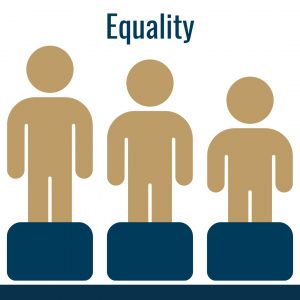
Equality means each individual or group of people is given the same resources or opportunities.
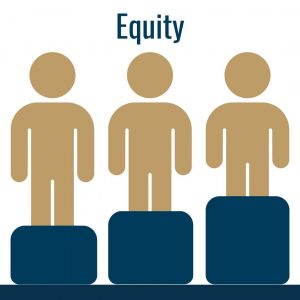
Equity recognizes that each person has different circumstances and allocates the exact resources and opportunities needed to reach an equal outcome.
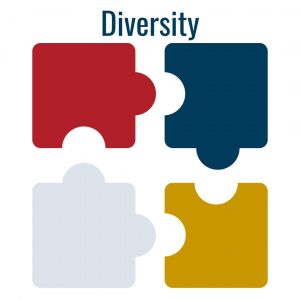
Diversity is a measure of the similarities or differences that exist within a group of people.

Inclusion is the commitment to intentionally engage every person in the group, so that they feel respected, and that their viewpoint is valued.
Meet The Pacific College EDI Committee

Shanell LaBelle
EDI Co-Chair
Community Relations Manager
Tri-Campus
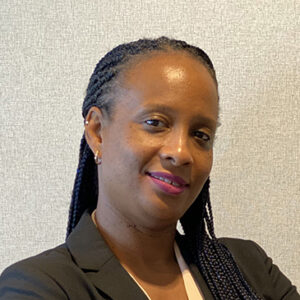
Dana Moore, LAc, DAc
EDI Co-Chair
Faculty
New York
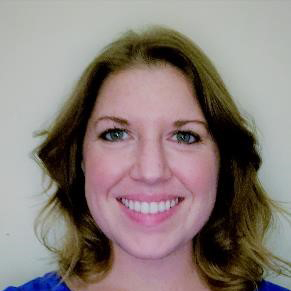
Ashley Kowal, EdD
VP of Student Services
New York
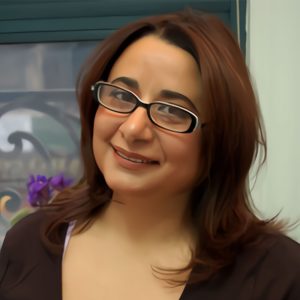
Chrysso Neophytou-Tsimis, LAc, DACM
Academic Dean of Graduate Programs
New York
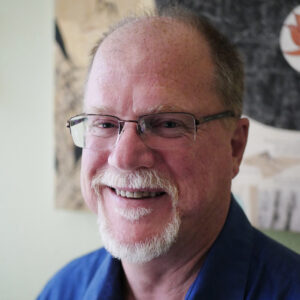
Don Phillips, DACM, MEd, LAc
Director of Instructional Design and Assessment
San Diego
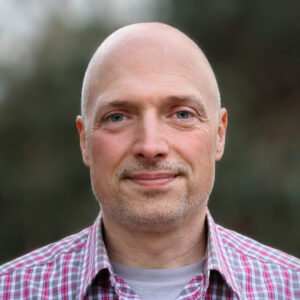
David Sol, DAc, LAc, LMT, CFMP
Executive Dean of Acupuncture
Chicago
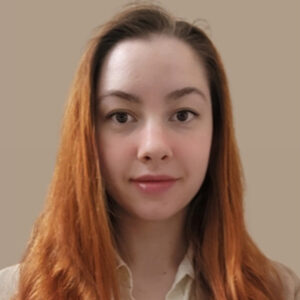
Jessica Edmunds
Student Council Communications Coordinator
San Diego

Heather Pannetti
Student Council Community Action Manager
San Diego
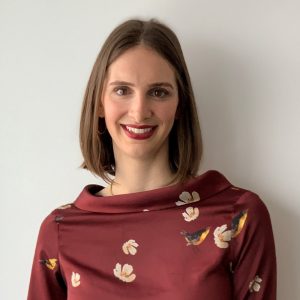
Dana Peters, MPH
Student
New York
Pacific College’s EDI Committee Priorities
Bring awareness, recognition, and education to our multi-campus and clinic environments about Equity, Diversity and Inclusion.
- Provide training tools for staff and faculty
- Provide educational tools for the student body
- Create annual multi-cultural calendar for commemorative observances
- Create column or newsletter about EDI
Open lines of communication for all faculty, administration, and students to report and discuss EDI topics. Address new and existing topics in a sensitive, respectful and compassionate manner.
- Conduct town hall meetings on campus
- Provide an anonymous inbox for submitting concerns and suggestions
Ensure safety and security within our campuses and clinics.
- Provide self-assessment tools for racism and racial disparities
- Choose organizational assessment tool for racism and collect baseline data
- Create a clinic sub-committee to address diverse demographics among patients/clients and students
Facilitate learning with the purpose of expanding awareness, philosophies and behaviors as the community moves forward in their profession.
- EDI faculty to propose CLOs for courses
- Cultivate diversity among Pacific College faculty through the EDI Fellowship program
Provide recommendations for the President and governing bodies of Pacific College to implement EDI initiatives at all levels of the organization.
- Draft job description for Diversity Officer
- Recommend diverse members to Board of Trustees
Legend
- In Progress
- Future Goal

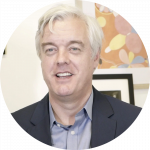
“The primary goal of the Pacific College EDI committee is to create a college environment where all students, staff, and faculty can thrive and learn to work with a vast variety of patients and conditions. Our mission of “Improving lives exponentially” must include every community and population. Furthermore, a safe place where students feel wanted and heard is crucial to their academic success and overall wellbeing.”
Malcolm Youngren
President and Chief Executive Officer
Pacific College’s EDI Committee Milestones
2022
- Created Clinic EDI sub-committee: Winter 2022
- Completed 2 faculty Campus Climate Focus Groups: Winter 2022
- Create EDI Webpage on Pacific College website
- Create EDI logo
2021
- Hosted “The Unusual Tale of Acupuncture, Racism, and African American History in the USA” with Dr. Tenisha Dandridge February 24, 2021 as part of Black History month
- Provided “Cracking the Codes: The System of Racial Inequality” training June 4, 2021 with World Trust to initiate conversation on race
- Provided “Addressing Unconscious Bias” training on July 9, 2021 with World Trust
- Created 1-unit online elective on “Race and Health Care Disparities”. Course was first offered for Winter 2022 term
- Provided “Trauma-informed Communication” faculty development
- Created EDI Faculty Fellowship
- Accepted first faculty fellow December 10, 2021: Yahaira Paulino
- Completed faculty and staff Campus Climate Surveys
2020
- Bimonthly meetings since October 2020 (ongoing)
- Creation of EDI Team October 2020
- Created Charter
- Reviewed over 30 national organizations for consulting
- Created an annual multicultural calendar to recognize monthly holidays (ongoing)
- Reviewed curriculum for EDI inclusion (ongoing)
- Reviewed personal and organizational assessment tools for racism
- Awarded $12,000 to NY AOS students for EDI scholarships (ongoing)
- Provide trauma informed communication training for faculty, staff and students
- Initiated viewing and conversations on Cracking the Code with World Trust

Contact Us
For questions, suggestions, or to join the EDI Committee, please contact us at [email protected]